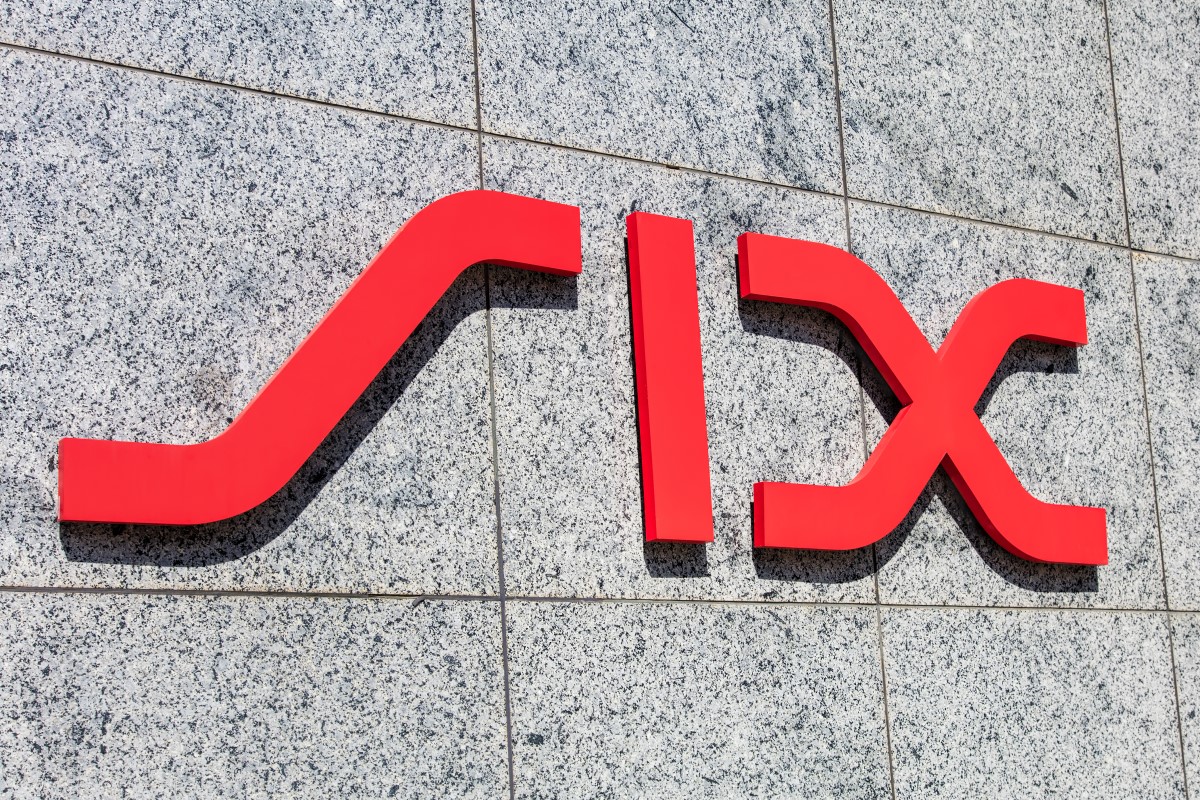The audit issue with the United States and the sword of delisting hanging over companies in China is pushing IPO-bound firms to explore other overseas markets. One winner seems to be Switzerland. Chinese listings in the country have raised a total of $3.15 bn over the past five months, exceeding the amount raised by IPOs in the US.
The SIX Swiss Exchange, Shanghai Stock Exchange and Shenzhen Stock Exchange launched the China-Switzerland Stock Connect scheme back in July, in a bid to broaden the scope of cross-border financing and investment between the two countries.
Nine Chinese listings in Switzerland
Under the stock connect scheme, companies listed in Switzerland and mainland China can seek secondary listings by issuing global depository receipts. Since July, when Switzerland and China launched the stock connect programme, nine Chinese listings were registered by the SIX Exchange. Some of the companies are — Gotion High-Tech, Sunwoda Electronic, Lepu Medical Technology Beijing, Hangzhou GreatStar Industrial, and Jiangsu Eastern Shenghong.
While Chinese firms have been using the secondary listing route, no European firm has until now sought a secondary listing on stock exchanges in China.
China’s deal with Switzerland is similar to the one with the UK, which has a Shanghai-London Stock Connect program. Until now only five Chinese listings have occurred in London. In Germany, the China Europe International Exchange (CEINEX) was launched as a joint venture by Shanghai Stock Exchange (SSE), Deutsche Börse Group (DBAG), and China Financial Futures Exchange (CFFEX) in 2015.
Nikkei Asia reported that at least another 30 mainland-listed companies are likely to seek a listing on SIX.
“Switzerland is an attractive place for Chinese firms with practical regulations, brand recognition potential, and access to a large pool of international investors. In such a context, it can lead to several success stories upon local standards being upheld,” writes Marc Currat, Portfolio Manager at Geneva Management Group.
Chinese listings in the US fell on the back foot after a regulatory crackdown forced Beijing to cede to the demand for an audit of US-listed Chinese firms. While the risk of delisting has somewhat faded, IPO-bound companies in China seem sceptical of going to the far west to raise funds.
Hong Kong was touted to be the natural choice for Chinese firms seeking a dual listing, but the city’s stock exchange has declined over 80% in the past year, with IPOs grounding to a halt earlier in 2022.
“There is a need for successful businesses to broaden the shareholder structure and continue an internationalization strategy, which has become more challenged by the intensifying US regulatory scrutiny on Chinese American depositary receipts (ADRs) as well as the deterioration of Hong Kong’s IPO market,” adds Currat. “Swiss neutrality and a stable political environment offer some serenity to the talented pool of business leaders looking for an acceptable level of playing field on the global scene.”
China, too, is keen on exploring other overseas funding channels apart from the US. Last month, an executive of the China Securities Regulatory Commission said that the regulator supports expanding the “healthy development of GDRs” and is urging Chinese firms to explore overseas listings.
The pipeline for Chinese listings is quite vast entering into 2023, and Deloitte in a recently published report says that IPOs in China will grow steadily, and proceeds will continue to rise next year.
Chinese firms exploring overseas listings have also targeted the Singapore Exchange, and SGX was in talks with IPO-bound companies in China looking for alternatives to the US and Hong Kong.


 Australia
Australia China
China India
India Indonesia
Indonesia Japan
Japan Malaysia
Malaysia Philippines
Philippines Singapore
Singapore South Korea
South Korea Taiwan
Taiwan Thailand
Thailand Vietnam
Vietnam







